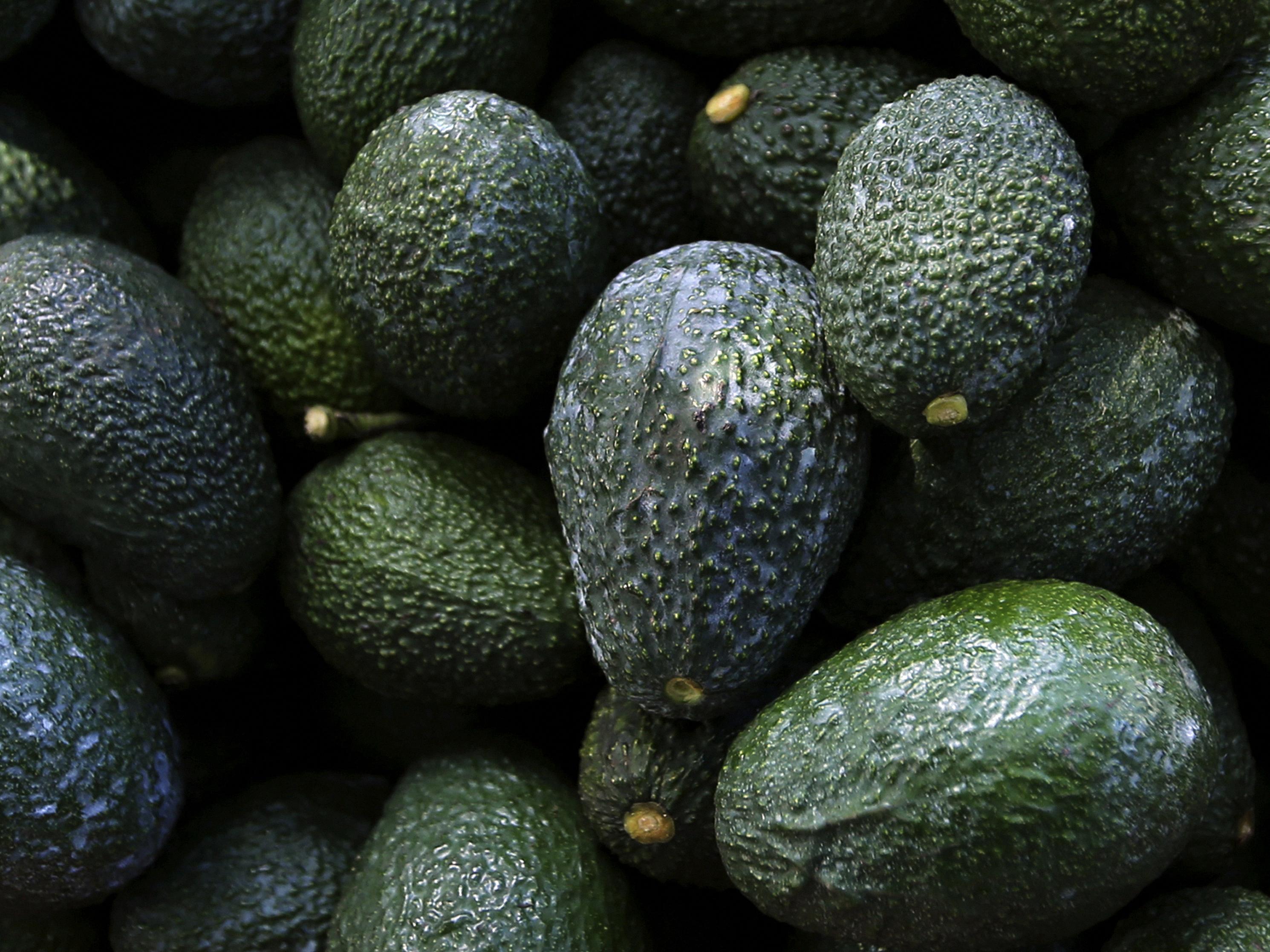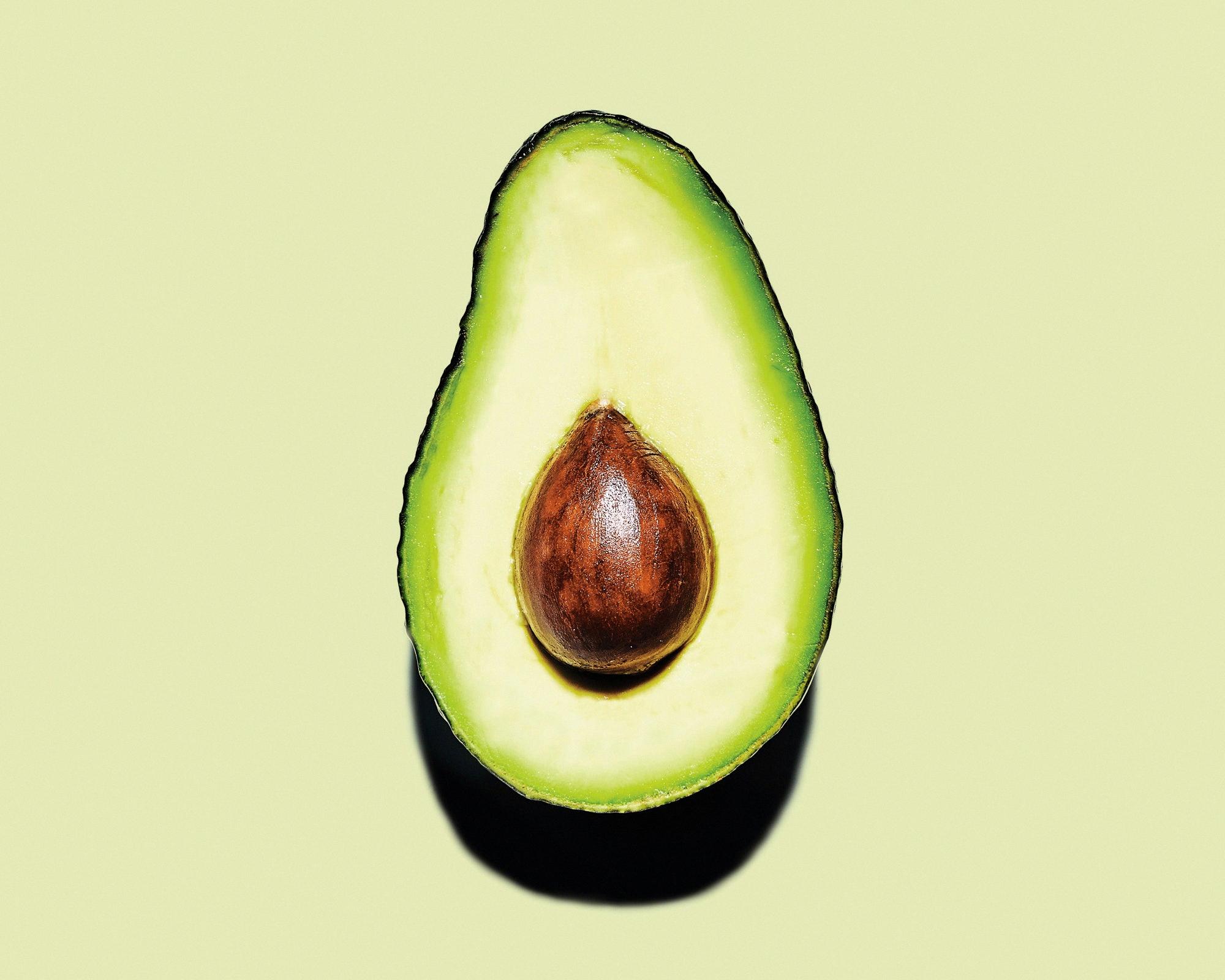Avocados have become incredibly popular in recent years due to their numerous health benefits. Not only are they delicious in various dishes, but they are also packed with essential nutrients, healthy fats, and fiber. But, one question that many people ask is whether or not avocados make you poop.
The short answer is yes, avocados can help you poop. Avocados are high in fiber, which is an essential nutrient for maintaining healthy bowel movements. Fiber helps to keep your digestive system moving smoothly by adding bulk to your stool and preventing constipation. When you eat fiber-rich foods like avocados, your body is better able to retain water in your intestines, keeping your poop soft and easy to pass.
In addition to being high in fiber, avocados are also rich in magnesium. This mineral helps to relax the muscles in your digestive tract, making it easier for your body to move waste through your system. So, if you’re struggling with constipation, adding more avocados to your diet may help.
However, it’s essential to note that eating too much avocado can have the opposite effect. Avocados contain a type of carbohydrate called polyols or sorbitol, which can cause digestive issues for some people, esecially those with sensitive stomachs or irritable bowel syndrome (IBS). Eating too much avocado in one sitting can cause bloating, diarrhea, or intense pain in the gut. So, it’s essential to eat avocados in moderation and listen to your body’s signals.
Despite this, avocados are still considered a healthy food option, and they offer numerous health benefits beyond just helping you poop. For example, studies have found that avocados may protect the heart in a similar way as olive oil and nuts do in the heart-healthy Mediterranean diet. A 2018 analysis of 10 studies found an increase in HDL (protective cholesterol) in people who consumed an average of 1 to 3.7 avocados daily.
Avocados can help you poop due to their high fiber and magnesium content. However, it’s important to eat them in moderation and listen to your body’s signals. Additionally, avocados offer numerous health benefits beyond just helping you poop, making them an excellent addition to a healthy diet.
The Link Between Avocado Consumption and Increased Bowel Movements
Avocado is a fruit that is high in fiber and magnesium, which are essential nutrients for maintaining regular bowel movements. The fiber content in avocados helps to add bulk to your stool, making it easier to pass through the digestive system. Additionally, the magnesium in avocados helps to draw water back into your intestines, which can help to soften your stool and make it easier to pass. Therefore, the combination of fiber and magnesium in avocados can help to promote healthy bowel movements and relieve constipation, ultimately making you poop more easily.

Source: npr.org
Can Eating Avocado Cause Diarrhea?
Yes, consuming too much avocado in one sitting may cause diarrhea. Avocados contain polyols or sorbitol, which are types of carbohydrates that can affect individuals with sensitive stomachs or those who have irritable bowel syndrome. These carbohydrates are not easily absorbed by the body and can ferment in the gut, leading to bloating, discomfort, and diarrhea. Therefore, it is important to be mindful of the amount of avocado you consume at once and to listen to your body’s reactions to avoid experiencing any digestive issues.
The Benefits of Eating an Avocado a Day
Yes, it is generally considered safe and healthy to eat an avocado a day. In fact, research suggests that consuming an average of 1 to 3.7 avocados daily may have cardiovascular benefits, including an increase in protective HDL cholesterol. Avocados are also a good source of fiber, healthy fats, and essential nutrients such as potassium, vitamin K, and folate. However, it’s important to remember that avocados are relatively high in calories, so it’s important to balance your intake with other healthy foods and maintain a healthy overall diet.
How Much Avocado Is Too Much to Consume?
When it comes to consuming avocado, there is no exact answer to how much is too much as it varies from person to person depending on their individual dietary needs and goals. However, in general, nutrition experts suggest that consuming half to one avocado per day is reasonable. This is because avocados are a great source of healthy monounsaturated fats, which help to keep you satisfied and fuller for longer periods of time. Additionally, tese fats are essential for maintaining healthy skin, hair, and nails. It’s important to note that while avocados are healthy, they are still high in calories, so it’s important to watch your overall calorie intake if you’re consuming multiple avocados a day. Ultimately, it’s always best to consult with a registered dietitian or healthcare professional to determine the appropriate amount of avocado for your individual needs.
Does Eating Avocado Lead to Weight Gain?
Avocados are often considered a high-calorie food, which can lead to concerns about whether they contribute to weight gain. However, it’s important to note that the calories in avocados come from healthy fats, which can actually support weight loss and overall health. In fact, studies have shown that regular consumption of avocados can be part of a weight-loss–friendly diet.
One of the reasons why avocados may support weight loss is because they are very nutrient-dense. They contin a variety of vitamins, minerals, and fiber, which can help to promote feelings of fullness and reduce cravings for unhealthy foods. Additionally, the healthy fats in avocados may help to boost metabolism and support the body’s natural fat-burning processes.
Of course, it’s important to keep in mind that the overall calorie content of your diet is still a critical factor in managing your weight. If you consume too many calories from any source, including avocados, you may still experience weight gain. However, when consumed as part of a balanced, nutrient-dense diet, avocados can be a healthy and satisfying addition to your meals without contributing to weight gain.

Source: bonappetit.com
The Benefits of Eating Avocado for Women’s Health
Avocado has several health benefits for a woman’s body. First and foremost, consuming avocados can help lower visceral fat levels in women, which is the fat that surrounds vital organs in the abdominal cavity. High levels of visceral fat can increase the risk of several diseases, including cardiovascular disease, type 2 diabetes, and even certain cancers. Therefore, incorporating avocados into a woman’s diet can help reduce the likelihood of these diseases.
Additionally, avocados are rich in healthy monounsaturated and polyunsaturated fats, which can help lower bad cholesterol levels in the blood, leading to a reduced risk of heart disease. They are also a good source of fiber, which can help regulate digestion and prevent constipation.
Furthermore, avocados are packed with vitamins and minerals, including vitamin C, vitamin K, folate, and potassium, which are essential for maintaining a healthy immune system, strong bones, and a healthy nervous system. Lastly, avocados contain antioxidants that can help protect the body against harmful free radicals, reducing the risk of chronic disease.
In summary, incorporating avocados into a woman’s diet can have numerous health benefits, including reducing visceral fat levels, lowering bad cholesterol, regulating digestion, providing essential vitamins and minerals, and protecting against chronic disease.
Potential Side Effects of Eating Avocado
Avocado is a nutrient-dense fruit that is widely known for its numerous health benefits. However, consuming excessive amounts of avocado or having an intolerance to its natural sugars, can result in some side effects. The most common side effect of avocado consumption is gastrointestinal discomfort, which includes bloating, gas, and an upset stomach. This is because avocados contan small-chain carbohydrates called polyols, which can have a laxative-like effect when consumed in large quantities. In addition, some people may experience allergic reactions to avocados, which can cause symptoms such as itching, hives, and difficulty breathing. It’s worth noting that avocado allergies are not common and affect less than 1% of the population. In conclusion, while avocado is generally considered a healthy food, it’s important to consume it in moderation and be aware of any potential intolerance or allergy symptoms.
The Effects of Eating Avocados on Digestive Health
Yes, avocados can cause gas and diarrhea in some people. Avocados are high in fiber and good fats, which are essential for a healthy diet, but they also contain a sugar alcohol called polyols, which can be difficult to digest for some individuals. When polyols reach the large intestine undigested, they can cause bloating, gas, and diarrhea.
However, the severity of these symptoms can vary depending on the individual’s tolerance to polyols and the amount of avocado consumed. Eating a small portion, such as ¼ to ½ an avocado, may not cause any problems for most people, but consuming a whoe avocado or eating avocados frequently may increase the risk of experiencing gas and diarrhea.
It’s also worth noting that avocados can be beneficial for digestive health due to their high fiber content, which can promote regular bowel movements and support the growth of beneficial gut bacteria. Therefore, if you experience gas or diarrhea after eating avocados, it may be worth reducing your portion size or frequency of consumption rather than eliminating them altogether. Additionally, if you have a history of digestive issues or food intolerances, it’s always best to consult with a healthcare professional before making any significant changes to your diet.
The Effect of Avocados on Belly Fat
Avocados are knwn for their numerous health benefits, and when it comes to burning belly fat, they can be quite effective. Avocados are rich in monounsaturated fats, which are considered to be healthy fats that can help increase fat burning and reduce belly fat. These fats help to lower bad cholesterol levels and increase good cholesterol levels, which can also contribute to a healthier weight. Moreover, avocados are high in fiber, which helps to keep you feeling full, reducing the likelihood of overeating. Additionally, the fruit is packed with essential nutrients such as vitamins C, E, K, and B6, and minerals like potassium, magnesium, and folate, which can help regulate metabolism and promote weight loss. Therefore, incorporating avocados into your diet can be beneficial in helping to burn belly fat, but it is important to remember that a balanced diet and regular exercise are also crucial for achieving and maintaining a healthy weight.

Source: budgetbytes.com
Benefits of Eating Avocado in the Morning or Night
Avocado is a nutritious fruit that can be consumed any time of the day. However, there are certain benefits associated with consuming it in the morning or at night. If you are looking to improve your blood flow and lower your blood sugar levels, it is recommended that you have avocado in the morning. This is because the healthy fats and fiber found in avocados can help regulate your blood sugar levels and improve your oveall cardiovascular health.
On the other hand, if you are looking to improve your sleep quality, consuming avocado at night may be a good option. This is because avocados contain magnesium, which is known to help relax the muscles and promote better sleep. Additionally, the high fiber content in avocados can help you feel full for longer, which can prevent late-night snacking and improve your sleep quality.
It is worth noting that consuming avocado at any time of the day can provide numerous health benefits. Avocado is rich in healthy fats, fiber, vitamins, and minerals, which make it a great addition to any meal. Whether you choose to have it in the morning or at night, make sure to incorporate this delicious and nutritious fruit into your diet.
When Is It Not Advisable to Eat an Avocado?
Avocados should not be eaten when they are rotten or spoiled. Signs of a rotten avocado include mushy texture when squeezed, brown or moldy inside, and developing rancidity or a sour smell. These indicate that the fruit is no longer fresh and may be unsafe to consume. It is important to discard any avocado that shows these signs of spoilage. In addition, if the avocado has been left at room temperature for too long or has been cut and left uncovered in the refrigerator, it may not be safe to eat. It is recommended to always check the condition of an avocado befre consuming it to ensure that it is fresh and safe to eat.
Conclusion
In conclusion, avocados are a nutritious fruit that offer many health benefits. They are rich in fiber and magnesium, wich helps to keep our stools soft and easy to pass. Additionally, they contain polyols and sorbitol, which may affect individuals with sensitive stomachs or irritable bowel syndrome. However, consuming too much avocado in one sitting can lead to bloating, diarrhea, or intense pain in the gut. On the other hand, avocados have been found to protect the heart and increase protective cholesterol levels when consumed in moderation. Therefore, adding avocados to our diet is a great way to improve our health and overall well-being.
